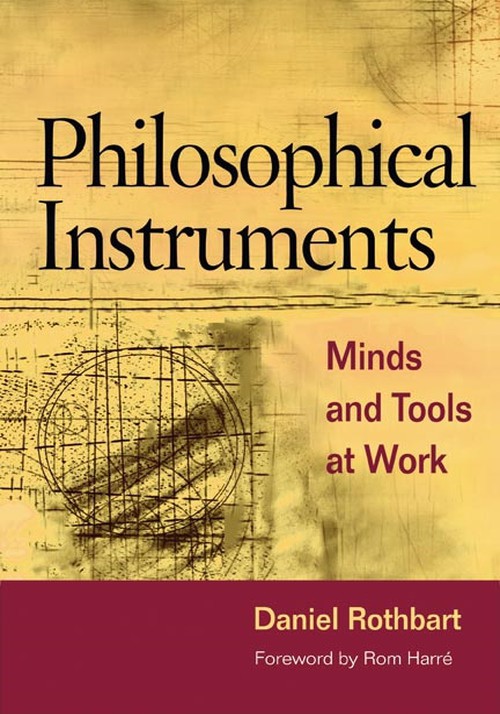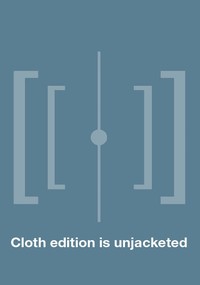
Philosophical Instruments
About the Book
In Philosophical Instruments, Daniel Rothbart argues that our tools are not just neutral intermediaries between humans and the natural world, but are devices that demand new ideas about reality. Just as a new spear can change a hunter’s knowledge of the environment, so can the development of modern scientific equipment alter our view of the world.Working at the intersections of science, technology, and philosophy, Rothbart examines the revolution in knowledge brought on by recent advances in scientific instruments. Full of examples from historical and contemporary science, including electron-scanning microscopes, sixteenth-century philosophical instruments, and diffraction devices used by biochemical researchers, Rothbart explores the ways in which instrumentation advances a philosophical stance about an instrument’s power, an experimenter’s skills, and a specimen’s properties. Through a close reading of the engineering of instruments, he introduces a philosophy from (rather than of) design, contending that philosophical ideas are channeled from design plans to models and from models into the use of the devices.






